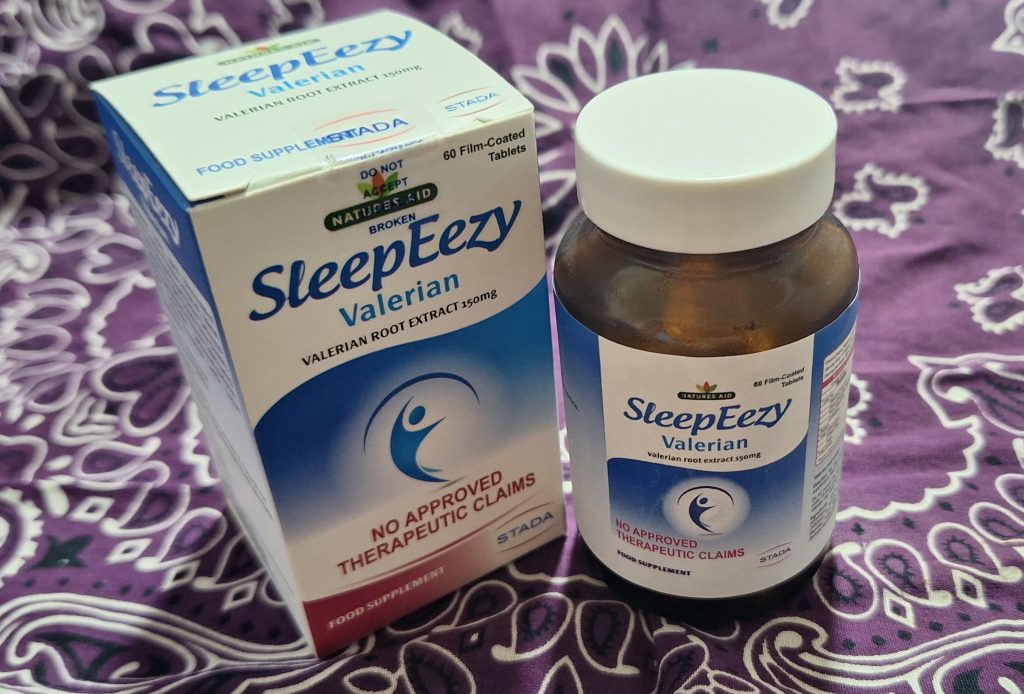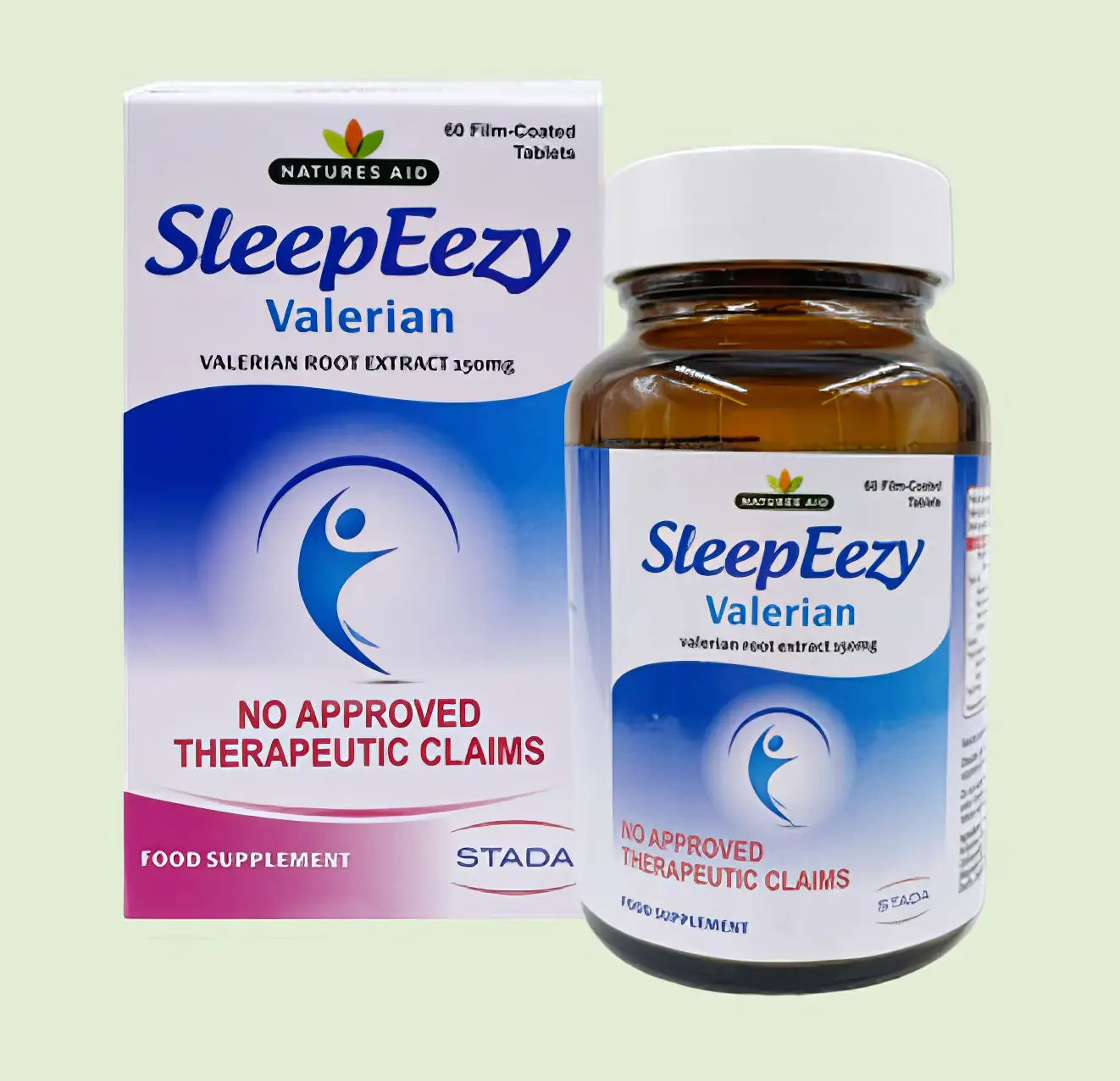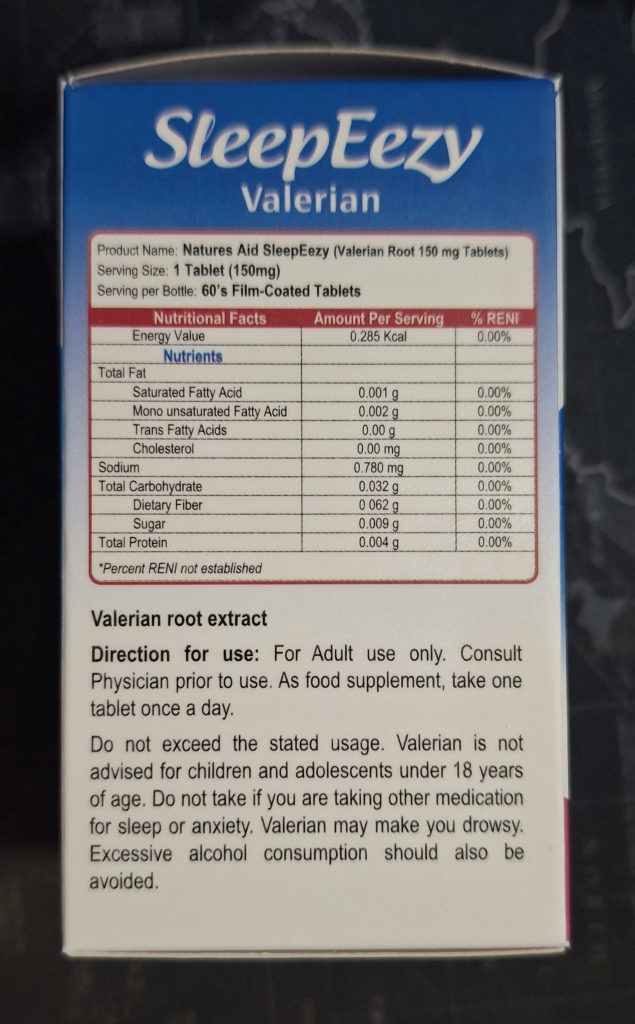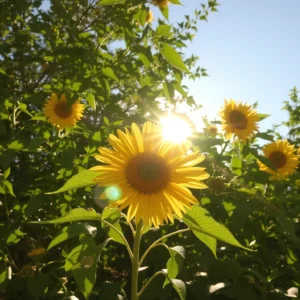Valerian, often referred to as nature’s tranquilizer, has captivated humans for centuries. With its roots deeply embedded in history, this humble herb has found its way into modern applications, promising a remedy for various ailments. In this article, we’ll delve into the intricacies of Valerian, exploring its origins, active compounds, traditional uses, and its role in contemporary medicine.
What is Valerian Root?
Valerian root, scientifically known as Valeriana officinalis, boasts a rich history dating back to ancient civilizations. Its name is derived from the Latin word “valere,” meaning “to be strong or healthy,” a testament to the perceived health benefits associated with its usage.
The Active Compounds
Within the Valerian root, compounds such as valerenic acid, valerenol, and various antioxidants work synergistically to induce a calming effect. These compounds interact with the GABA receptors in the brain, contributing to the herb’s sedative properties.
Valerian in Traditional Medicine
Valerian’s medicinal use spans centuries, with historical records indicating its presence in ancient Greek, Roman, and Chinese medicine. Often used to treat anxiety, insomnia, and nervous system disorders, Valerian holds cultural significance in various traditions.
Modern Applications of Valerian
In the contemporary world, Valerian has found its place in the pharmaceutical and supplement industries. Its applications range from anxiety and stress management to alleviating sleep disorders. The herb’s versatility makes it a popular choice among those seeking natural alternatives to conventional medications.
How Valerian Works
The magic behind Valerian’s calming effects lies in its interaction with neurotransmitters, particularly the modulation of gamma-aminobutyric acid (GABA) levels. By enhancing GABA activity, Valerian induces a sedative and anxiolytic effect, making it an attractive option for those grappling with stress-related issues.
Valerian vs. Prescription Medications
While Valerian provides a natural solution, it’s essential to compare its benefits and drawbacks with prescription medications. Unlike some pharmaceuticals, Valerian often comes with fewer side effects and a reduced risk of dependence.
Choosing the Right Valerian Product
Navigating the world of Valerian supplements can be overwhelming. From capsules to tinctures, understanding the various forms is crucial. Additionally, determining the right dosage requires consideration of individual factors such as weight, age, and the specific ailment being addressed.
Common Misconceptions about Valerian
As with many herbal remedies, Valerian is not immune to myths and misconceptions. It’s crucial to dispel misinformation surrounding its use and clarify facts to ensure individuals can make informed decisions about incorporating Valerian into their wellness routine.
Valerian’s Impact on Sleep
Numerous studies have explored Valerian’s role in improving sleep quality. User testimonials often highlight its efficacy in combating insomnia and promoting a more restful night’s sleep. We’ll delve into the scientific evidence and personal experiences that shed light on Valerian’s impact on sleep patterns.
Side Effects and Risks
While generally considered safe, Valerian is not without its potential side effects. Understanding these risks, especially for specific populations such as pregnant women and those with liver conditions, is crucial for responsible usage.
Incorporating Valerian into Your Routine
Making Valerian a part of your daily routine involves more than just popping a supplement. Lifestyle adjustments, such as creating a conducive sleep environment and practicing relaxation techniques, can enhance the herb’s effectiveness.
Valerian Tea Recipes
For those who prefer a soothing cup of tea, we’ve curated some DIY Valerian tea recipes. From classic blends to innovative concoctions, these recipes offer a tasty way to incorporate Valerian into your relaxation ritual.
Valerian: The Herbal Ally
In conclusion, Valerian stands as a herbal ally in the quest for relaxation and improved well-being. Its rich history, coupled with modern scientific understanding, positions it as a versatile and effective natural remedy. As you embark on your journey with Valerian, remember to approach its usage responsibly and consult with healthcare professionals when needed.
In the realm of herbal remedies, Valerian emerges as a potent and time-tested solution for stress, anxiety, and sleep-related issues. Its holistic approach, backed by centuries of traditional use and modern scientific validation, makes it a valuable addition to your wellness toolkit. As you explore the benefits of Valerian, keep in mind the importance of balance and individual considerations for optimal results.
FAQs About Valerian
- Is Valerian addictive?
- Valerian is generally non-addictive, but individual responses may vary. It’s advisable to consult with a healthcare professional for personalized advice.
- Can I take Valerian with other medications?
- Consult your healthcare provider before combining Valerian with other medications to ensure there are no potential interactions.
- Are there any age restrictions for using Valerian?
- While generally safe for adults, it’s recommended to consult with a healthcare professional before administering Valerian to children.
- How long does it take for Valerian to show its effects?
- The onset of Valerian’s effects can vary among individuals. Consistent use over several weeks may be needed for optimal results.
- Can I grow Valerian at home?
- Yes, Valerian can be grown at home, but it requires specific conditions such as well-drained soil and partial shade.







Recent Comments